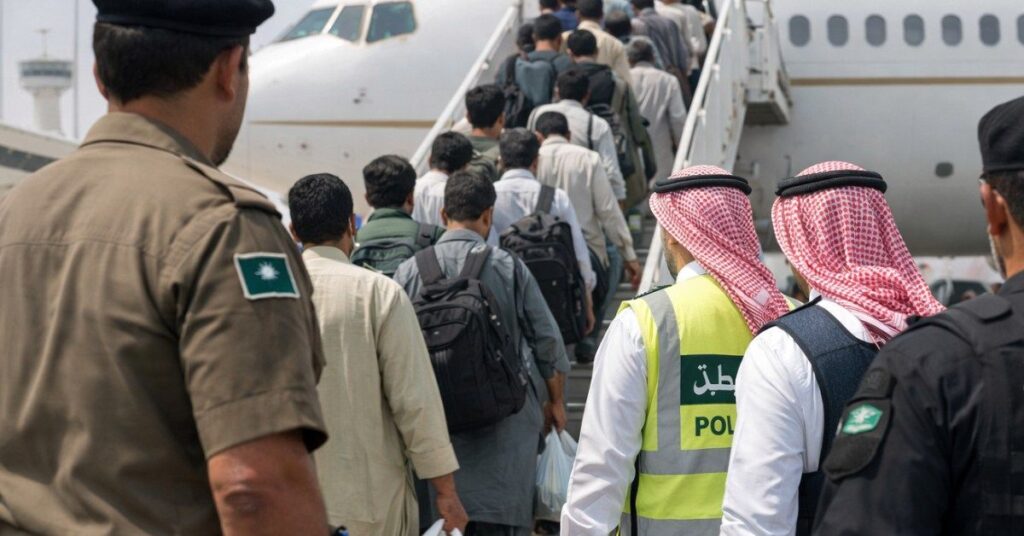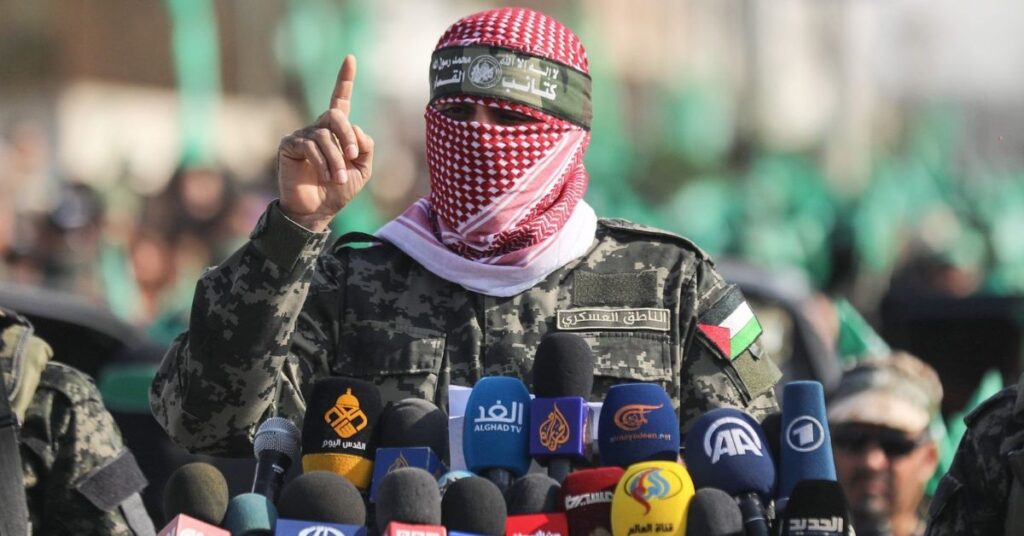BEIJING (Kashmir English): Tensions in the Middle East continue to rise as China and Russia have strongly condemned the recent US strikes on Iran’s nuclear sites. The airstrikes targeted Iran’s key nuclear facilities in Natanz, Isfahan, and Fordow, prompting swift international criticism.
The Chinese Foreign Ministry labeled the US strikes on Iran a clear violation of international law and the United Nations Charter. A spokesperson said the attacks are dangerous and risk further destabilizing the already fragile Middle East. China urged all parties, including Israel, to stop hostilities immediately, protect civilians, and return to peaceful dialogue.
Russia’s Foreign Ministry echoed this sentiment, calling the US strikes on Iran “irresponsible” and a serious threat to global peace. Russian officials warned that such actions could spark a wider conflict and harm regional and international security. They urged restraint from all sides and called for diplomatic solutions instead of military confrontation.
Both countries expressed concern that the strikes could derail any future negotiations over Iran’s nuclear program. They also offered to help mediate the growing crisis and promote peaceful conflict resolution.
The US strikes on Iran have triggered concern from several other nations as well. Critics argue the strikes could lead to direct confrontation between Iran and its adversaries, particularly the United States and Israel. With global oil markets already reacting nervously, the possibility of further escalation remains high.
Iran has not yet officially responded militarily, but Tehran has warned it will not tolerate what it views as aggression. The country’s foreign ministry said it reserves the right to defend itself under international law.
As the world watches closely, leaders across Asia, Europe, and the Middle East are calling for calm. But with major global powers like China and Russia taking a firm stance against the US strikes on Iran, the road to peace appears more complicated than ever.




